
In the dynamic realm of digital marketing, keeping pace with ongoing changes is paramount. To empower you in traversing the intricate terrain of marketing software, we’ve meticulously handpicked a roster of the 13 most cutting-edge marketing software tools for 2023. These tools present groundbreaking solutions to refine your marketing endeavors, elevate efficiency, and catalyze superior outcomes. Whether you’re at the helm of a small business or a seasoned marketing virtuoso, these software selections have the potential to revolutionize your approach to marketing.
1. HubSpot

HubSpot stands as an encompassing haven for the realms of inbound marketing and sales. Within its arsenal lies a diverse array of instruments, encompassing everything from Customer Relationship Management (CRM) to the orchestration of email marketing, the finesse of social media management, and the scrutinous gaze of analytics. With HubSpot as your trusty companion, the world of marketing simplifies into an automated symphony, where leads are nurtured with precision, and the footprint of your marketing endeavors is elegantly traced and managed from a singular vantage point.
Pros:
All-in-One Solution: HubSpot offers a comprehensive suite of marketing, sales, and customer service tools in one platform.
User-Friendly: Its user-friendly interface makes it accessible for users of all skill levels.
Automation: HubSpot’s marketing automation capabilities save time and increase efficiency.
Cons:
Cost: HubSpot can be expensive for small businesses, with pricing plans based on the number of contacts.
Learning Curve: While user-friendly, mastering all its features can take time.
2. SEMrush

SEMrush is a comprehensive SEO and content marketing platform. It helps you identify keywords, track your rankings, and perform competitive analysis. SEMrush also offers content marketing tools to optimize your content strategy and improve your website’s search engine visibility.
Pros:
Comprehensive SEO Tools: SEMrush offers in-depth SEO analysis, keyword research, and competitor tracking.
Content Optimization: It helps you create SEO-friendly content by identifying high-performing keywords.
PPC Research: SEMrush provides insights into competitors’ paid search strategies.
Cons:
Pricing: SEMrush can be expensive for smaller businesses.
Steep Learning Curve: It may be overwhelming for beginners.
3. Mailchimp
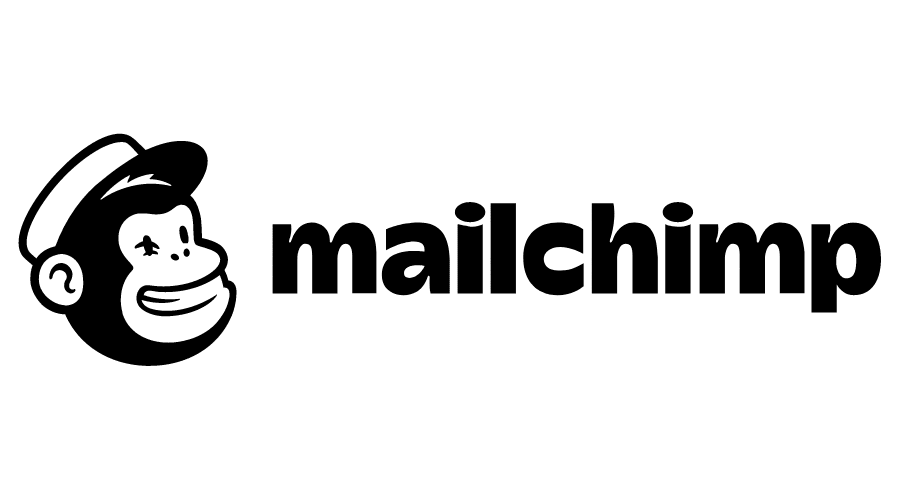
Mailchimp is a popular email marketing platform that makes it easy to design and send emails, automate campaigns, and track results. It also offers marketing automation features to engage with your audience at the right time.
Pros:
User-Friendly: Mailchimp’s intuitive interface makes it easy to design and send emails.
Automation: It offers powerful automation features, including drip campaigns.
Free Plan: Mailchimp has a free plan for businesses with limited budgets.
Cons:
Limited Features: Advanced features are only available in paid plans.
Pricing: Costs can add up as your email list grows.

bud!
4. Google Analytics
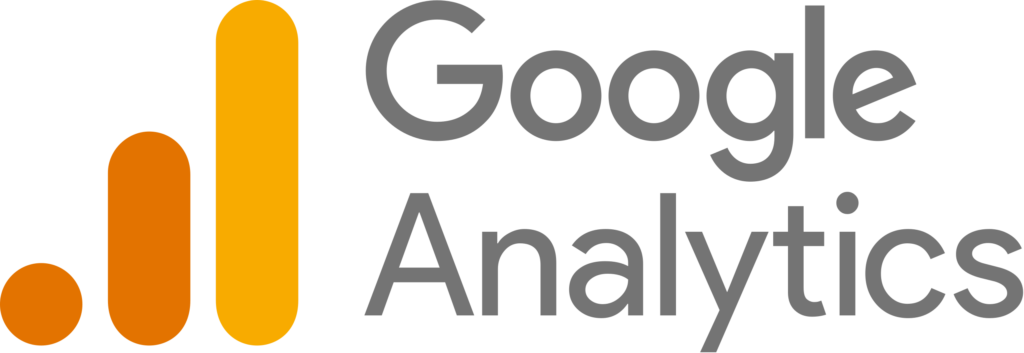
Google Analytics remains a fundamental tool for tracking website traffic and user behavior. With its advanced features, it provides insights into how users interact with your site, helping you make data-driven decisions.
Pros:
Complimentary: Google Analytics emerges as a formidable, cost-free companion for charting the course of your website’s traffic.
Insightful Metrics: It unveils a treasure trove of invaluable insights, painting a vivid portrait of user behavior and the stage performance of your website.
Cons:
Complexity: It can be overwhelming for beginners.
Limited Real-Time Data: Data is not always up-to-the-minute.
5. Adobe Marketing Cloud
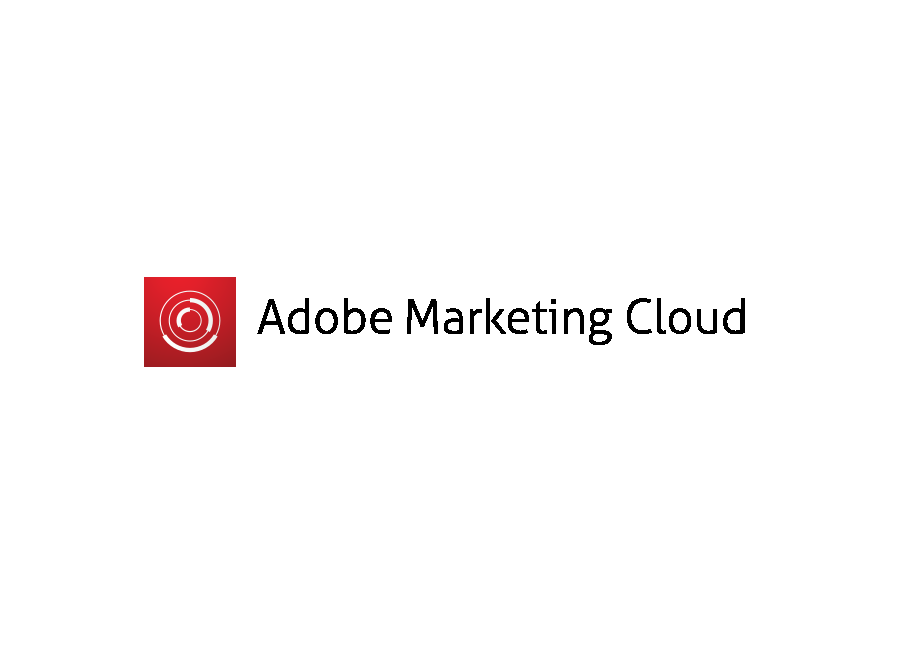
Adobe Marketing Cloud is a powerful suite of marketing tools that includes Adobe Campaign, Adobe Experience Manager, and Adobe Target. It enables personalization, automation, and data-driven marketing strategies.
Pros:
Personalization: Adobe’s tools enable highly personalized marketing campaigns.
Integration: It seamlessly integrates with Adobe Creative Cloud and other Adobe products.
Cons:
Cost: Adobe Marketing Cloud is expensive and better suited for larger enterprises.
Complexity: It has a steep learning curve.
6. Hootsuite
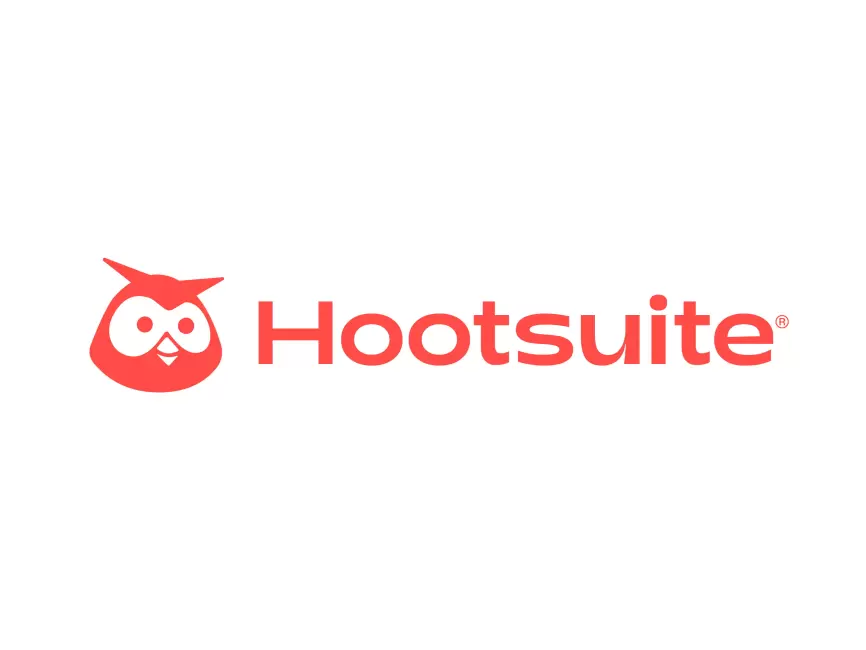
Hootsuite emerges as an orchestral conductor for the dynamic world of social media management. Picture it as your digital baton, simplifying the intricate tasks of scheduling, vigilant monitoring, and meticulous reporting across a multitude of social media conduits. Like an artful curator, Hootsuite becomes your steadfast companion, skillfully maintaining the harmonious cadence of your online presence, ensuring that your brand’s voice resonates consistently and coherently in the ever-evolving digital landscape.
Pros:
Social Media Management: Hootsuite simplifies scheduling and managing posts on multiple social media platforms.
Analytics: It offers basic social media analytics to track engagement.
Cons:
Limited Features: Advanced features require higher-priced plans.
User Support: Some users report challenges with customer support.
7. Ahrefs
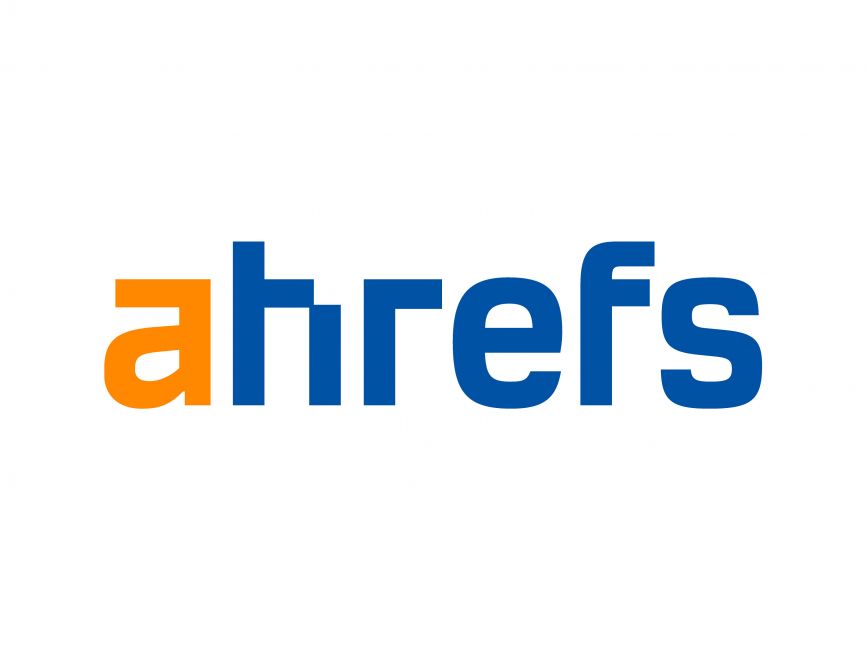
Ahrefs is a robust SEO toolset that provides keyword research, backlink analysis, and competitor analysis. It helps you improve your website’s SEO performance and uncover new opportunities for growth.
Pros:
In-Depth SEO Analysis: Ahrefs provides extensive insights into backlinks, keywords, and competitors.
User-Friendly: Its user interface is straightforward and easy to navigate.
Cons:
Pricing: Ahrefs can be expensive for smaller businesses.
Limited Keyword Tracking: Keyword tracking is less robust compared to dedicated rank tracking tools.
8. Salesforce Marketing Cloud
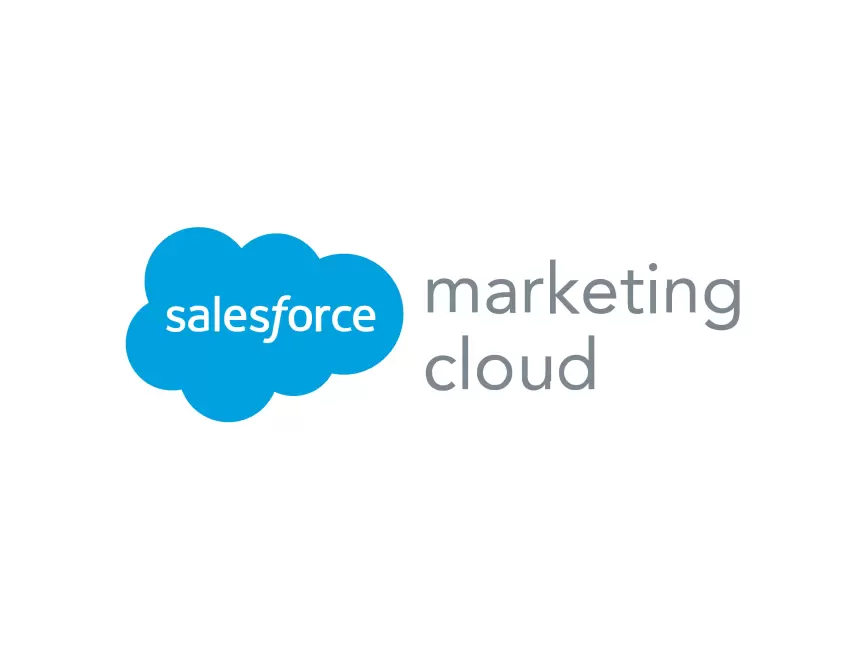
Salesforce Marketing Cloud offers marketing automation, email marketing, and customer journey mapping. It’s ideal for businesses looking to create personalized and engaging customer experiences.
Pros:
Robust Marketing Automation: Salesforce Marketing Cloud offers powerful automation and personalization features.
Integration: It integrates seamlessly with Salesforce CRM.
Cons:
Costly: Pricing can be prohibitive for smaller businesses.
Complexity: It may require expert setup and management.
9. Moz

Moz is an SEO software suite that assists in improving search engine rankings. It includes features like site audits, keyword research, and rank tracking, making it a valuable resource for SEO professionals.
Pros:
Comprehensive SEO Tools: Moz provides tools for site audits, keyword research, and link analysis.
Educational Resources: Moz offers extensive educational content for SEO professionals.
Cons:
Limited Reporting: Some users find the reporting capabilities lacking.
Pricing: Moz can be costly for smaller businesses.
10. Buffer
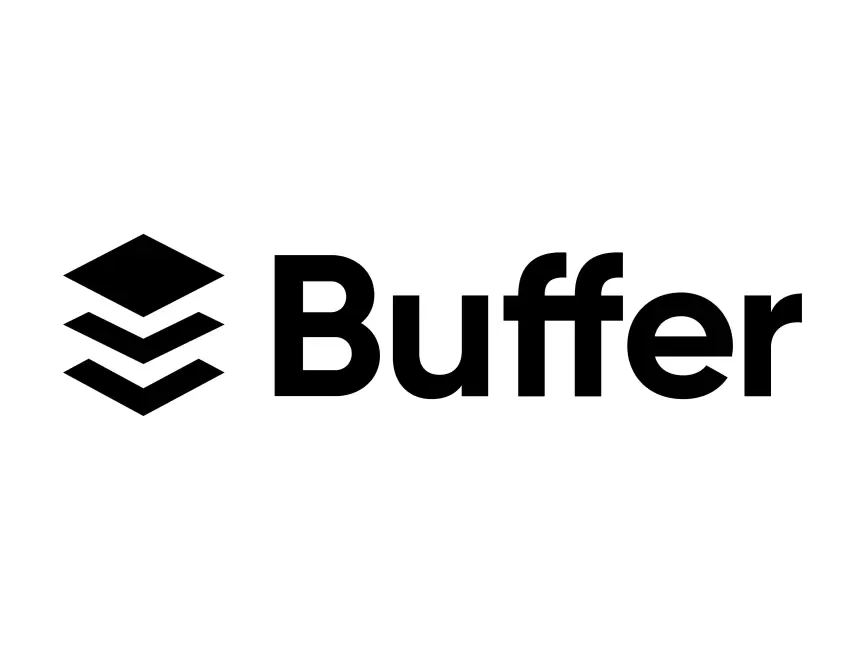
Buffer simplifies social media scheduling and publishing. It allows you to plan and publish content across multiple platforms, analyze performance, and collaborate with team members.
Pros:
Social Media Scheduling: Buffer simplifies social media scheduling and posting.
Team Collaboration: It offers team collaboration features for social media management.
Cons:
Limited Analytics: Buffer’s analytics are basic compared to some other tools.
Pricing: Costs can add up if you require advanced features.
11. ConvertKit
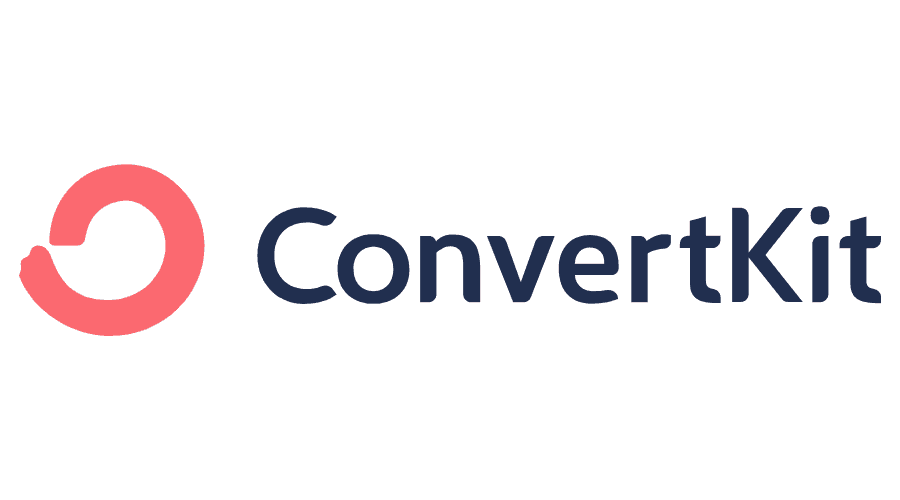
ConvertKit is an email marketing platform built specifically for creators, bloggers, and online entrepreneurs. It offers powerful automation and segmentation features to engage with your audience effectively.
Pros:
Creator-Focused: ConvertKit is tailored for creators, bloggers, and online entrepreneurs.
Segmentation: It offers robust segmentation and automation features.
Cons:
Limited Features: It may lack some advanced marketing automation capabilities.
Pricing: Costs can increase as your email list grows.
12. Trello

Trello is a project management tool that can be adapted for marketing teams. It helps in organizing tasks, tracking progress, and collaborating on campaigns, making it an excellent choice for project management.
Pros:
Project Management: Trello is highly adaptable for project management and task tracking.
User-Friendly: It’s easy to set up and use.
Cons:
Limited Marketing Features: Trello lacks dedicated marketing tools.
Scaling Challenges: It may not be suitable for large marketing teams.
13. Sprout Social
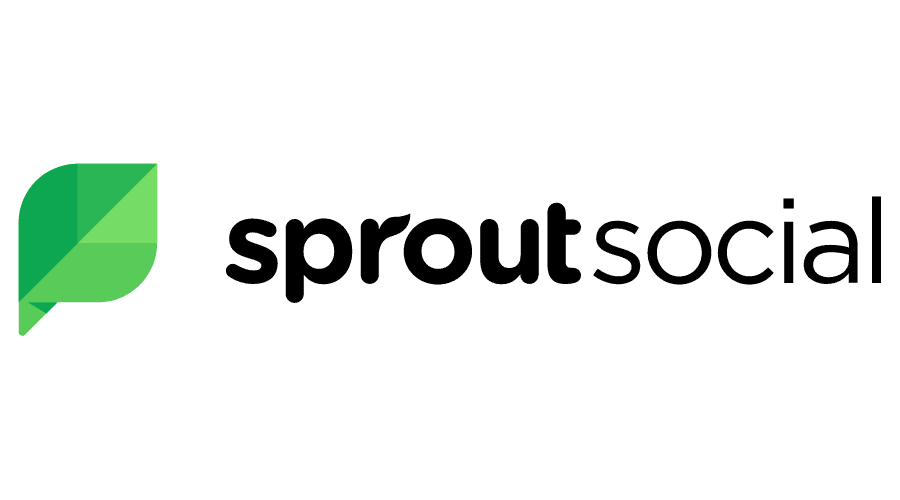
Sprout Social is a social media management and analytics platform that enables you to schedule posts, engage with your audience, and measure the impact of your social media efforts.
Pros:
Social Media Analytics: Sprout Social offers detailed social media analytics.
Publishing and Scheduling: It simplifies content scheduling and publishing.
Cons:
Pricing: It can be costly for small businesses.
Complexity: Some users may find it overwhelming.

bud!
How to Choose the Right Marketing Software
Selecting the right marketing software for your business can be challenging. To make an informed decision, consider these factors:
1. Your Business Goals: Identify your specific marketing goals and objectives. Different tools excel in various areas, so choose one aligned with your priorities.
2. Budget: Determine your budget constraints. Some software options offer free plans or trials, while others require a subscription.
3. Integration: Ensure the software can integrate with your existing tools and systems to avoid disruptions in your workflow.
4. User-Friendliness: Evaluate the ease of use and the learning curve associated with the software. A user-friendly interface can save time and resources.
5. Support and Training: Check if the software provider offers adequate customer support and training resources to help you get the most out of the tool.
Conclusion
Certainly, here’s a more unique take on the concluding paragraph:
Amid the whirlwind pace of digital marketing, the correct software tools serve as the North Star guiding your course. The elite ensemble of the top 13 marketing software tools for 2023 unfurls a multifaceted tapestry of solutions. From the melodic cadence of email marketing to the strategic precision of SEO, the harmonious orchestration of social media management, and the insightful analytics symphony, these tools offer a transformative journey. Select with discernment, those that resonate most harmoniously with your business’s unique goals and financial compass. By doing so, you’ll ignite the engines of your marketing efforts, propelling your presence to the forefront of the digital stage, where competition yields to your prowess.
By taking these steps, you’ll set ablaze the engines of your marketing endeavors, catapulting your online presence to the very forefront of the digital arena, where competitors bow before your mastery.
Bear in mind that remaining abreast of the ever-shifting currents of marketing trends and emerging technologies is not just a strategic choice; it’s the cornerstone of a successful voyage. As the marketing landscape unfolds its enigmatic tapestry, nurturing a perpetually vibrant and finely-honed arsenal is the true compass to navigate toward triumph. Start exploring these top marketing software tools today and take your marketing game to the next level in 2023.

